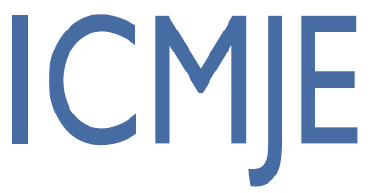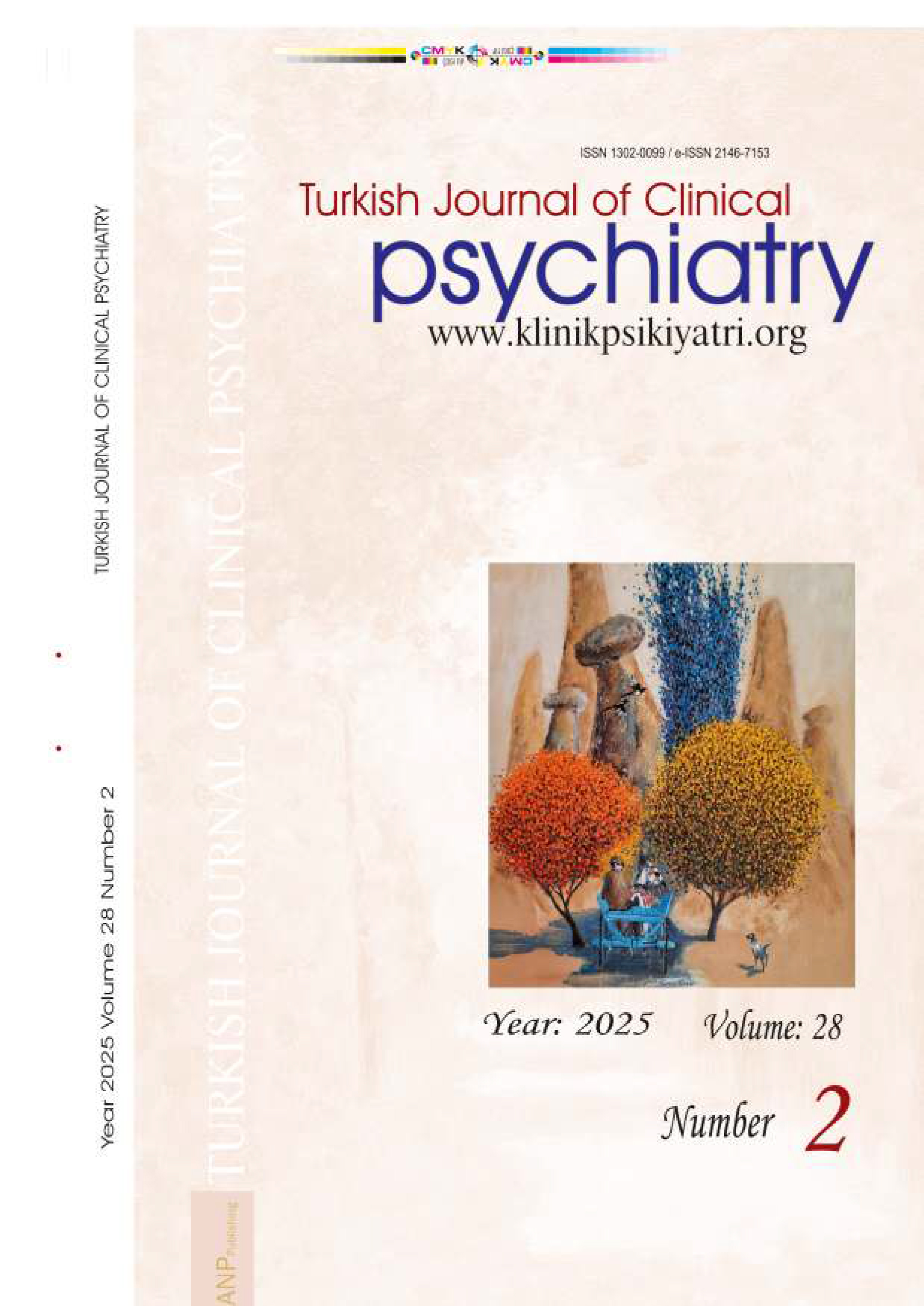





Collective trauma cycle: The healing role of reconciliation, forgiveness and restorative justice in collective traumas (tur)
Ayten ZaraIstanbul Bilgi University, Istanbul, TurkeyAlthough collective traumas have a serious impact on the mental health of the community, the real challenge is solving the problem of how to live together after all committed persecutions. In countries like Rwanda, South Africa, Yugoslavia, Chile and Uruguay, trauma victims often had to live side by side with torturers, which has led to almost insurmountable problems in the community's reconstruction process and the healing of collective wounds had to deal with issues such as truth, justice, compensation, restoration, forgiveness and reconciliation. Collective trauma can be solved with both individual and societal studies to prevent generational transmission. For peace building through breaking the cycle of victimization and aggression, it is necessary to approach ethnic and transnational conflicts with a peaceful problem-solving approach involving truth, understanding, reconciliation, forgiveness and restorative justice. Above all, to break the chain that transfers the feelings of hatred, shame and guilt to one another, it is necessary the victims, the offenders and their partners to meet each other and their consciences.
Keywords: Collective traumas, Trauma cycle, Intergenerational trauma, Reconciliation, Restorative justice, ForgivenessKolektif travma döngüsü: Kolektif travmalarda uzlaşma, bağışlama ve onarıcı adaletin iyileştirici rolü (tur)
Ayten Zaraİstanbul Bilgi Üniversitesi, İstanbul, TürkiyeKolektif travmalar meydana geldiği toplumun ruh sağlığı üzerinde ciddi etkilere sahip olsa da, asıl zorluk onca zulümden sonra birlikte yaşamanın nasıl mümkün olabileceği sorununu çözmektir. Ruanda, Güney Afrika, Yugoslavya, Şili ve Uruguay gibi ülkelerde travma mağdurları sıklıkla işkencecileriyle yan yana yaşamak zorunda kalmış, bu durum toplumun yeniden inşa sürecinde neredeyse aşılmaz sorunlara yol açmış, kolektif yaraların iyileşmesi hakikat, adalet, tazminat, restorasyon, bağışlama ve uzlaşma gibi konularla uğraşmayı gerektirmiştir. Kolektif travmalar hem bireysel hem de toplumsal boyutlarda ki çalışmalar ile çözülüp kuşaklararası aktarımı önlenebilir. Mağduriyet ve saldırganlık döngüsünün kırılarak barış inşa edilebilmesi için hakikat, anlaşılma, uzlaşma, bağışlama ve onarıcı adaleti kapsayan barışçıl sorun çözme yollarıyla etnik ve ülkeler arası çatışmalara yaklaşılmalıdır. Nefret, utanç ve suçluluk duygularını bir kuşaktan ötekine aktaran zinciri koparmak için her şeyden önce mağdurların, faillerin ve suça ortak olanların birbirleri ve vicdanları ile buluşması gerekmektedir.
Anahtar Kelimeler: Kolektif travmalar, Travma döngüsü, Kuşaklararası travma, Uzlaşma, Onarıcı adalet, BağışlamaManuscript Language: Turkish
(4209 downloaded)










